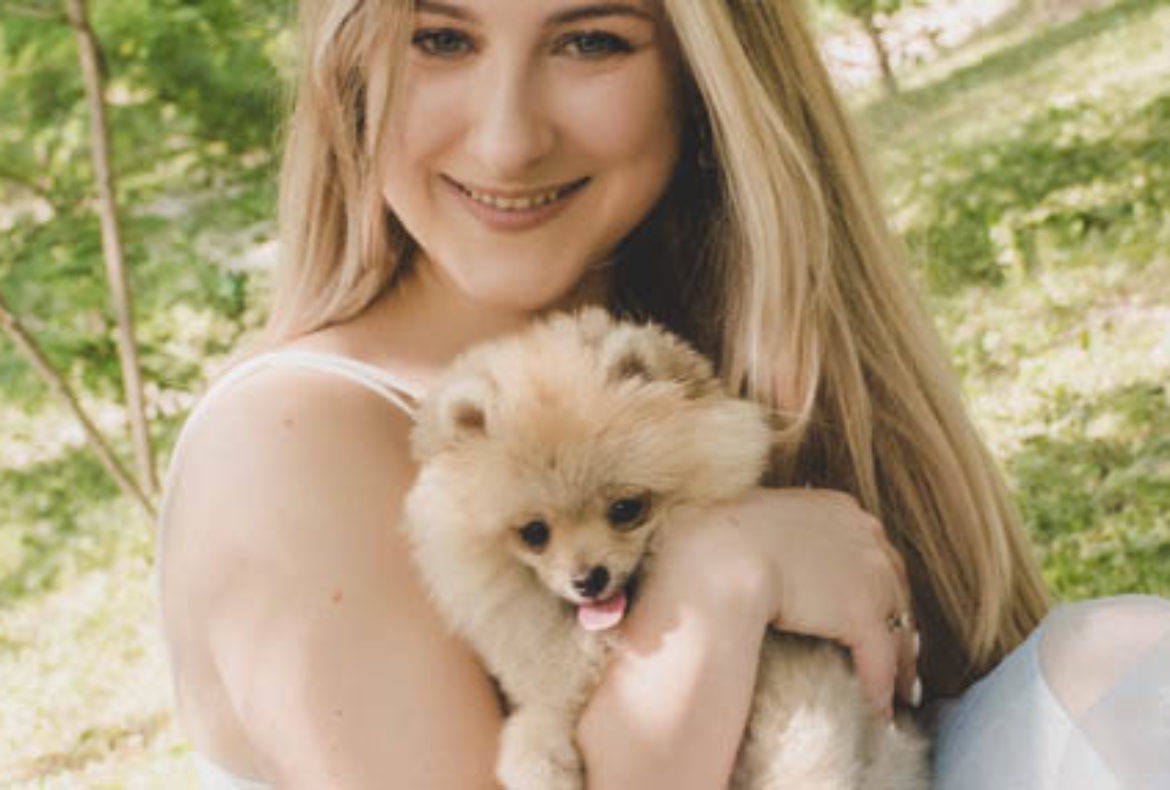Worry Free Tips for moving with cats & dogs
Pets are part of many families and we want to share these worry-free tips for moving with your pets to help you get through your next move. Having a pet can add to the stress of a move as they need attention, meal, exercise, and rest, just like a child. If you have furry, four-legged family members, here are a few simple tips to make the moving process easier on your pets, and on yourself.
Schedule a Final Vet Visit
This may not be the favorite tip (in your pet’s mind), but taking the time for a final visit to the vet will give you peace of mind! There are some important things to do on this checkup. Request a copy of your pet’s proof of vaccinations, medications, and any other paperwork relating to their current medical care that you are going to need. Note that some states will require current health certificates upon arrival. Take the time and do some research in advance and define if you will have to present this information. Be sure to keep your pet’s information handy during the move, and do not forget to update your contact information for their chip information (if they have one). If you take the time in advance of your move to locate a veterinarian in your new location, you will know who to call right away if there is an emergency during the move.
Should You Board Your Pet?
For some, the option of boarding their pet is an easy decision, but for pets with high anxiety or separation anxiety you may have to consider another option. Consider having an anxious pet spend moving day with a friend you trust, and the pet is already comfortable with to avoid the risk of them getting loose while the doors are open for the movers. Doggie Day care is a great option if you pet is already used to going, and the handlers will have a chance to say goodbye as well. If you cannot place your pet in safe care while you move, be sure to take extra precautions and provide them a safe place in your home where they will not have an opportunity to “sneak out”. If keeping in a fenced-in yard, be sure to lock the gate and provide ample water in hot weather and warm bedding if cool.
Preserve as Much Routine as Possible
Our pets respond very well to daily routines, and they’re sensitive when these routines change. Changes caused by preparing for a move and on moving day can result in stress for your pets, which can then lead to changes in their behavior. If you have slowly started packing in the days and weeks before your move, pets will commonly adjust to the extra activity better than a mad rush the day before a move (and they will pick up on your stress as well). Be sure when you’re packing that you leave some of your pets favorite items available to them, toys and bedding can bring comfort to your pets and can aid in helping them stay calm during the moving process.
Traveling With Your Pets
If you’re driving to your new home and will be on the road for a period of time, it will be easier if you know in advance how your pet will behave in the car. Take them on a short drive a few weeks in advance and work them up to longer drives to help your pets get used to traveling in the car. If you pet will not be crated, consider seat belt leashes to prevent them from wandering around while you are driving for a safer commute. How does your pet do in a crate? Be sure to take time to acclimate your small dog or cat to being in a traveling crate or case. You can start by placing the crate in an area of your home where your pet feels safe, leaving it open for them to check out. Another great tip is to give them treats inside of the crate. You can also place in the crate, a favorite towel or blanket that they are already using as their scent reinforces that the space is theirs. If you have a medium or large dog, consider crate or kennel training in advance as well. Most pets, with proper training will find a crate a “safe place” and will not mind staying there for short periods of time.
Be Sure Your Pets Have Identification
This is something all good pet owners already know but we do not want to miss covering this important tip. Always be sure to keep identification ON your pet, either on collar or microchip. If there is a situation in which your pet gets lost during your moving process, having proper ID on your pet will be the best opportunity for them to have help to find their way back to you! Having a properly fitted collar, with ID tag including your up-to-date phone number is a must. Getting your pet micro chipped is the best thing you can do to ensure your pet can be returned to you if lost.
Remember Your Pets Are Watching You
One of the most stressful things you will experience in life is a move, and your pets will sense this. No matter how outwardly calm you try to appear, your pets will notice. Try your best to remain calm in trying situations that may arrive. Take time to spend with them as being with your pet will help calm you during tougher situations. Do not forget that a walk is great for both of you! Even if it is just around the block, a walk with your pet can help you “reset”.
Your pets will not be able to understand all the changes that are going on. There will be new faces coming in and out of their world. Strange things like boxes and moving blankets may make them uncomfortable. Watching their home empties of familiar things will be difficult for them. Take a few extra minutes to comfort them during the move. Have some special treats on hand to give them some distraction. Try to keep mealtimes and walks on schedule.
Remember your pets are looking to you and you need to be calm and reassuring for them.
Liberty Moving offers a variety stress-free moving services. We aim to provide you with affordable service options to enhance your move experience. These packages provide increased value protection and options for additional cleaning and technical services. No matter the size or destination, Liberty moving services can meet your moving needs. Contact us to start planning your move today 800-524-0567









